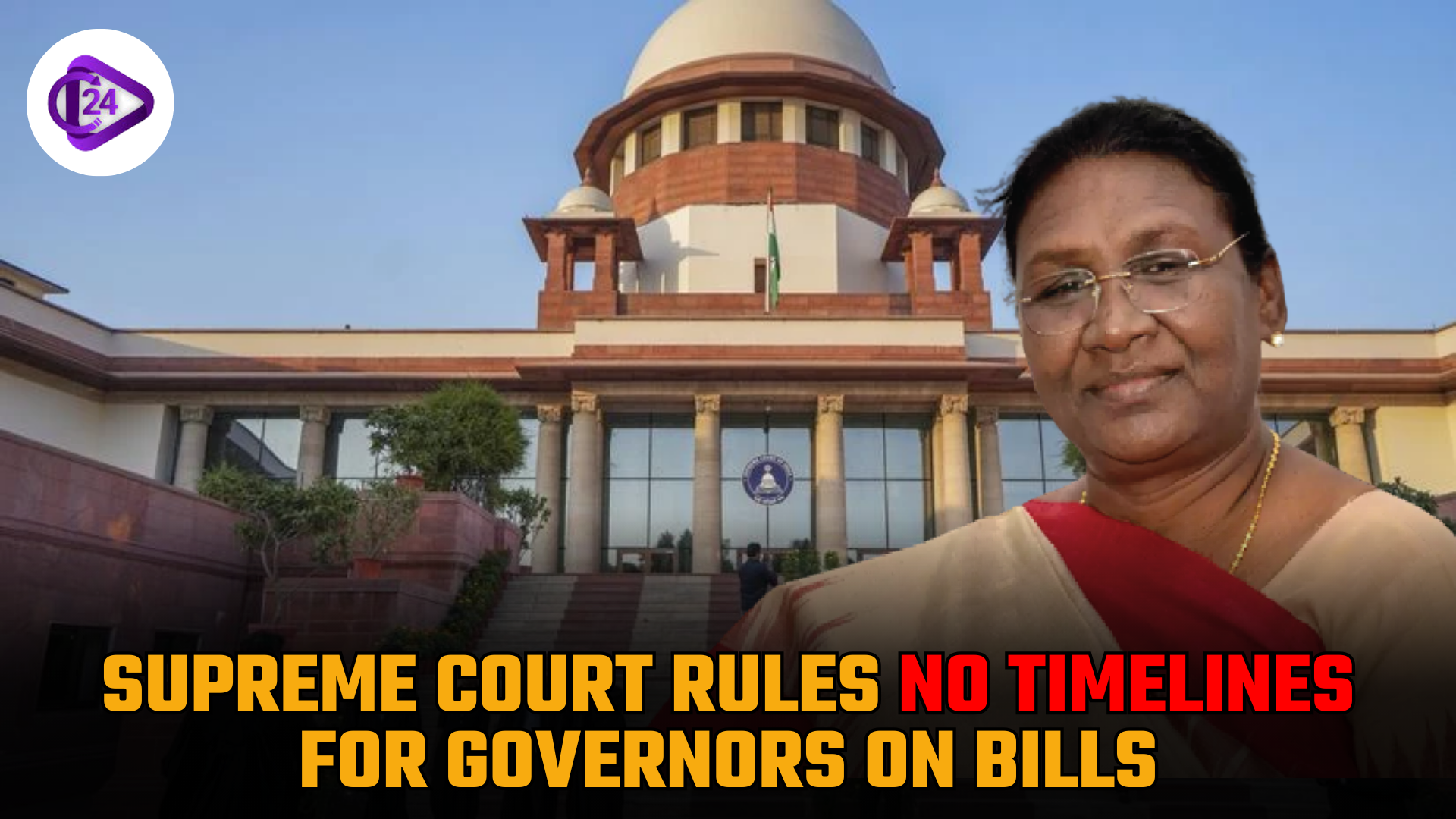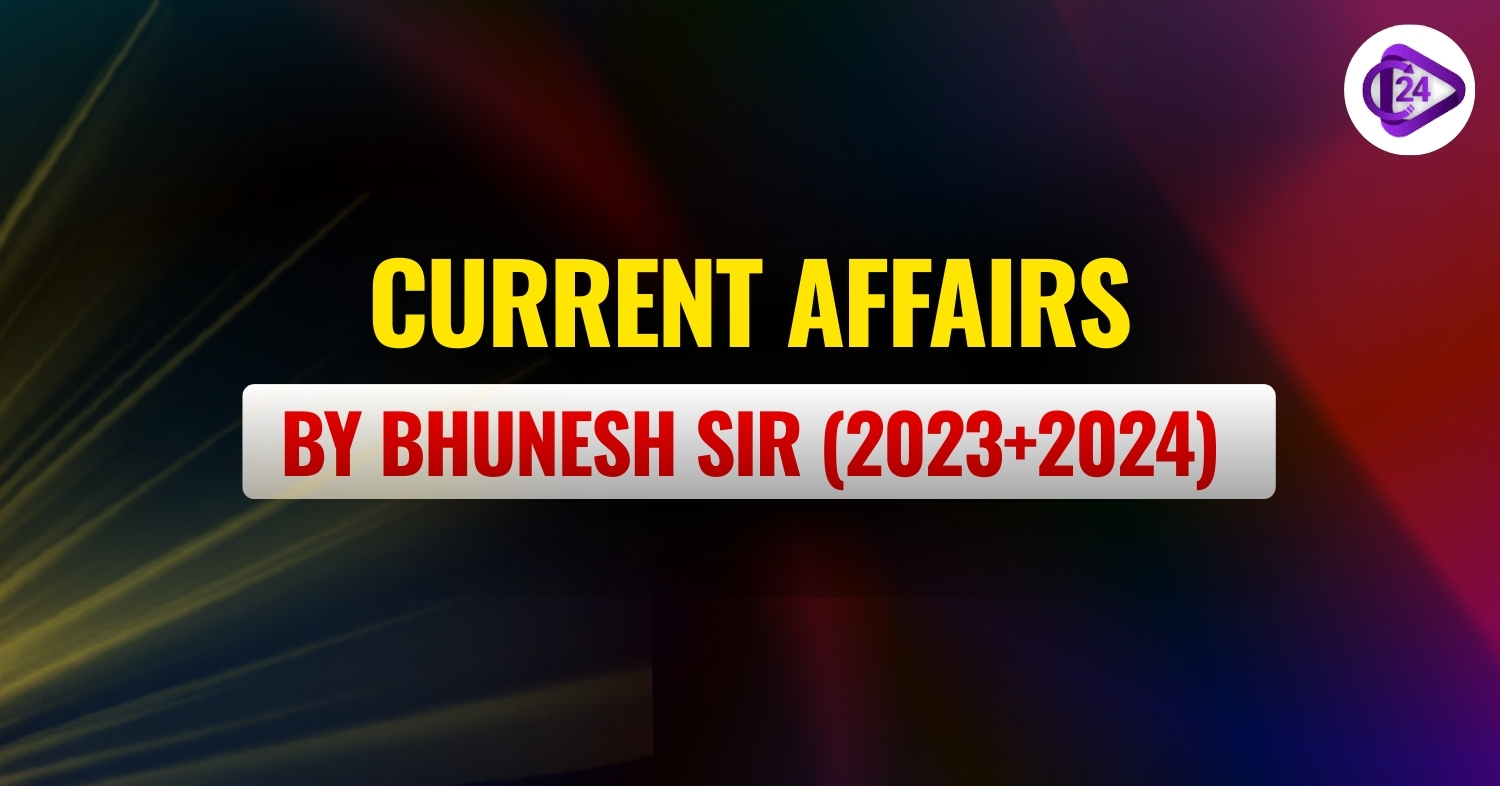Daily Quizzes
Mock Tests
No tests attempted yet.
Select Category

The Supreme Court of India has ruled that it cannot impose deadlines on governors (or the President) to either approve or disapprove bills passed by state legislatures. The five-judge Constitution Bench ruled that Articles 200 and 201 of the Constitution specifically provide flexibility, which grants governors the discretion to assent, return, or defer bills. The court did not accept what was termed 'deemed assent through judicial fiat', but the court cautioned that delays that are not explained after a long period of time will be subject to limited judicial review. The decision brings back federal balance, maintaining the separation of powers without taking action endlessly.
What the Court Decided in its Latest Constitutional Judgment
- The Supreme Court made it clear that governors are not permitted to use a pocket veto to hold a bill pending.
- Article 200 provides that a governor is required to either approve, disapprove, or send back the bill or preserve it to the president.
- The indefinite action is illegal since the article does not allow silent or long withholding.
- In Article 201, the president is also not able to delay a bill indefinitely.
- The court believed that it had no power to correct inflexible time limits, but the court can take into consideration excessive delays.
- The ruling strengthens federal equilibrium and avoids constitutional discretion abuse.
Conclusion
The constitutional flexibility of governors in light of the Supreme Court opinion that governors are not required to comply with time limits to clear bills is a reinforcement that discourages the abuse of discretionary powers. The Court defends democratic processes by warning against the existence of unreasonable delays that undermine federal accountability. The decision keeps the balance between the roles of the constitution and the efficiency of the legislation, making the governance transparent and accountable.



 India Unveils PRAHAAR, First National Anti-Terror Doctrine
India Unveils PRAHAAR, First National Anti-Terror Doctrine Bangladesh Election 2026: BNP Claims Landslide Victory After 2024 Uprising
Bangladesh Election 2026: BNP Claims Landslide Victory After 2024 Uprising India Develops Lead-Free Self-Powered Photodetector
India Develops Lead-Free Self-Powered Photodetector Devika Sihag Secures Maiden Super 300 Title at Thailand Masters
Devika Sihag Secures Maiden Super 300 Title at Thailand Masters India–European Union Free Trade Agreement
India–European Union Free Trade Agreement National Awards for Model Youth Gram Sabha (MYGS)
National Awards for Model Youth Gram Sabha (MYGS) Padma Awards 2026 Announced: Complete List of Padma Vibhushan, Bhushan & Shri Awardees
Padma Awards 2026 Announced: Complete List of Padma Vibhushan, Bhushan & Shri Awardees Household Consumption Expenditure Survey (HCES), 2023-24
Household Consumption Expenditure Survey (HCES), 2023-24 Statehood Day of Manipur, Tripura, and Meghalaya: History, Date, and Significance
Statehood Day of Manipur, Tripura, and Meghalaya: History, Date, and Significance India Energy Week 2026 to be Held in Goa From 27–30 January
India Energy Week 2026 to be Held in Goa From 27–30 January






